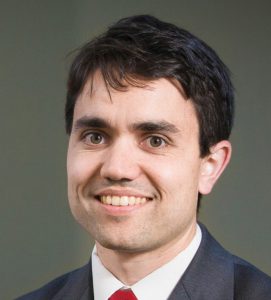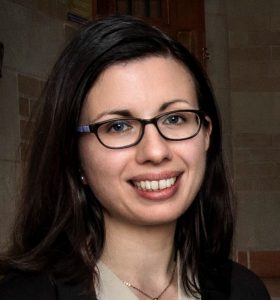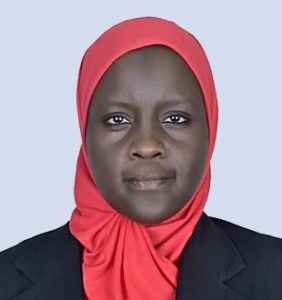Religious Liberty and the Corona Crisis before the German Constitutional Court

Justin Collings is Francis R. Kirkham Professor of Law at Brigham Young University J. Reuben Clark Law School and author of Democracy’s Guardians: A History of the German Federal Constitutional Court, 1951-2001(Oxford University Press, 2015)
Global lockdowns intended to slow the spread of COVID-19 have raised wrenching questions about religious liberty. Although many faith communities have voluntarily shuttered to combat the plague, many religious people have chafed at regulations that require religious sanctuaries to close while permitting liquor stores to offer their “essential services.” Why, the faithful wonder, is booze more essential than the Sacred Host? Why should rum trump Ramadan? Some believers have expressed their anguish in constitutional challenges. In a pair of noteworthy decisions, the German Federal Constitutional Court has grappled with the tension between public health and religious exercise. In both cases, the Court has charted a pragmatic course through the crisis. (more…)


